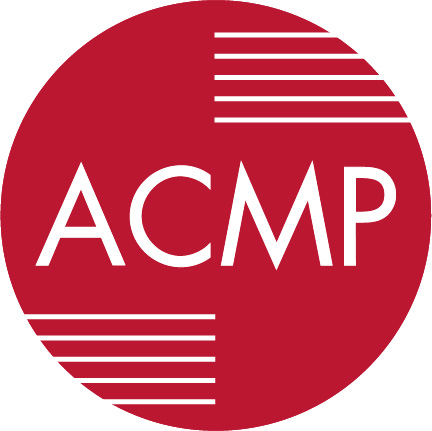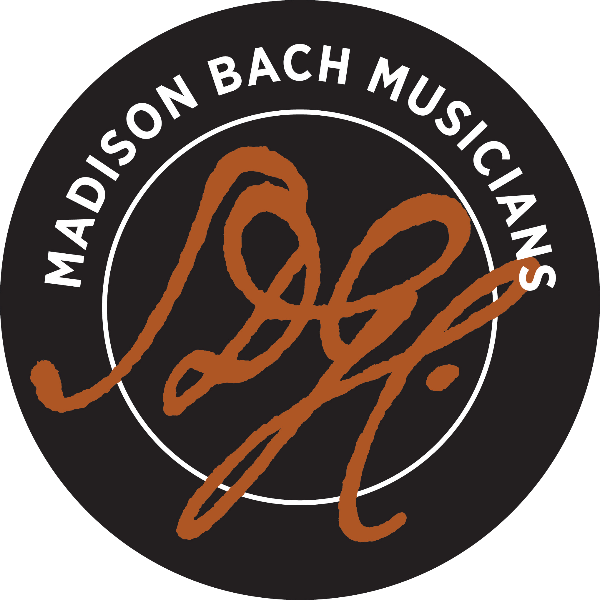11th Annual Chamber Music Workshop
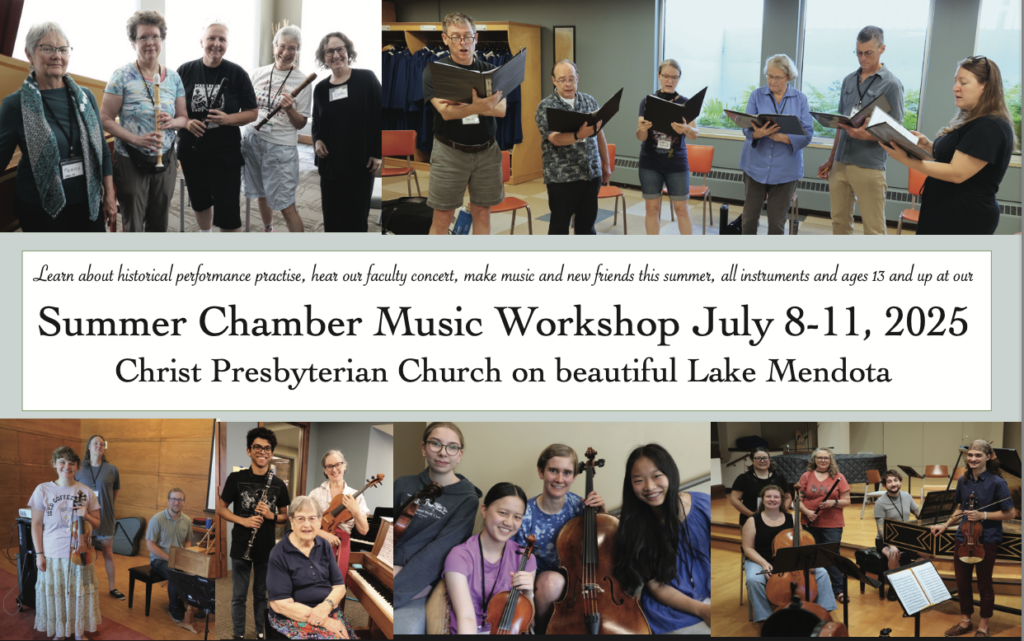
Madison Bach Musicians’ Summer Chamber Music Workshop, July 8-11, 2025, offers a unique opportunity for musicians to participate in extensive chamber music playing as well as in informative lectures, technique classes, and large group ensembles. We focus on early music from the Renaissance, Baroque, and Classical periods. It is our mission to provide a place where chamber music lovers can come together and work intensely for a week with highly skilled faculty. Please join us!
Held at:
Christ Presbyterian Church
944 E Gorham St
Madison, WI 53703
Conveniently located on Lake Mendota on Madison’s near east side
with on-site parking and spacious temperature-controlled rooms for ensembles.
Table of Contents
- Morning Small Group Ensembles
- Afternoon Classes and Large Group Ensembles
- Afternoon Classes
- Afternoon Large Group Ensembles
- Faculty
- Faculty Concert
- Tuition
- Join the Workshop
Morning Small Group Ensembles
All ages (13 and over), levels, and instruments are welcome. You can participate as a pre-formed ensemble, or we will create an ensemble for you with other attendees according to your level and instrument. The pitches can be A=440 or 415. We will focus on vocal and instrumental music from the Renaissance, Baroque, and Classical periods. Scores will be provided in mid-June to practice in advance. You will get coaching every day and you will have time to rehearse on your own every day as well. For those groups who would like to perform, there will be a participants’ concert on Friday at 2:00 p.m.
Coaches: Lisette Kielson, Kangwon Kim, Eric Miller, Tami Morse, Christa Patton, Trevor Stephenson, Martha Vallon & Geoffrey Williams
Afternoon Classes and Large Group Ensembles
Classes and large group ensembles meet in four sessions between 1 PM and 5 PM on Tuesday, Wednesday, and Thursday. Participants choose the classes and large group ensembles they wish to attend. All large group ensembles meet for three days. Some lecture/technique classes are complete in one period while others run throughout the workshop, building on the previous day. Please indicate on the registration form which classes and ensembles you wish to attend.
AFTERNOON CLASSES
Baroque and Roll with Martha Vallon
An understanding of baroque dance forms and basic steps is critical to deciding how we want to play the music. While not a “dance class” per se, we will move/dance to some of the most common dance forms to investigate what works (and what doesn’t) when performing baroque dances.
Continuo for Everyone with Tami Morse
Whether you play a bass, treble, or keyboard instrument, this class is for you! You will learn how to look at a piece with continuo figures from the perspective of the various instruments, and what the continuo figures might tell you about how to play your line. Harpsichordists will learn how to create different textures and dynamics while supporting the ensemble. No prior theory knowledge necessary! Bring your instrument to play along.
Francesca Caccini and the Concerto delle Donne with Christa Patton
In addition to her virtuosity as a singer Francesca was known for her skills on the lute, guitar and keyboard as well as her poetry in both Latin and Tuscan. Raised in a family of musicians in the court of Ferdinando I de’ Medici (1549–1602) La Ceccina, as she was known, gained fame as a singer and a composer throughout the courts of northern Italy and as far as Paris. In her heyday she composed for the Medici court, taught, was a virtuoso singer, and earned more than her famous father Giulio Caccini. Her 1618 publication, Il primo libro delle musiche, a collection of songs for one and two voices as well as her opera, La liberazione di Ruggiero (1625) will be the subject of this exploration. Voices and instruments are welcome.
From Quill to Hammer: How Harpsichords Became Fortepianos in the 18th-Century with Trevor Stephenson
Class will trace the transition of stylistic elements from what is now termed the Baroque to the Classical era. We’ll look at the how and why of the acoustic pivot from the quill-plucked string of the Baroque harpsichord to the hammer-struck string of the Classical fortepiano.
Harpsichord Technique with Tami Morse
Learn how harpsichord technique differs from other keyboard instruments. Participants will learn how to create “dynamics” on the harpsichord and how to bring out different voices through articulation and learn a set of easy exercises to develop these skills. Participants may bring in specific pieces to work on or just their own curiosity! All levels welcome!
Henry Plays the Harp with Christa Patton
King Henry VIII of England was a well-known music lover and patron of the arts. In his personal Psalter he is depicted playing a harp as his fool stands by. Many compositions attributed to him can be found in a manuscript named after him. Viols, recorder, harps, lutes and voices are all welcome to peruse the pieces ranging from delicately transparent seasonal songs to raucous drinking songs. This spare but richly beautiful polyphony is a lovely way to start the afternoon.
How to Ornament in 50 Minutes: van Eyck and Telemann Show us How! with Lisette Kielson
Well, embellishing music is actually more of a long-term project for some of us—indeed, it can be a daunting task! Thankfully, there are wonderful publications out there to help us grasp the vast possibilities. Also thankfully, some composers themselves demonstrated literally how to do it. Some in treatises with how-to musical examples, charts, and tables, and some in their own compositions, note by note, showing us the way. Jacob van Eyck (c.1590-1657) and Georg Philipp Telemann (1681-1767) are such composers. Examining and playing their embellishments can be an enjoyable and helpful part of the learning process. In this class we will look at music by van Eyck and Telemann and begin to explore their ‘ornamental’ language. Even in their different time periods, musical forms and styles, we find similarities, patterns, a vocabulary that over time we may emulate and eventually make our own!
Meet the Baroque Chamber Organ with Trevor Stephenson
Trevor Stephenson will discuss the construction, stop settings, tuning systems, and solo and continuo ensemble functions of the Baroque Chamber Organ. Class will look at musical examples from the 16th -18th centuries.
“What Makes J.S. Bach “BACH?” with Geoffrey Williams
Why is Bach’s music the standard by which all other music since has been taught and measured? This lecture hopes to instill or deepen a love for the music of J.S. Bach and contribute to the individual enrichment of the listener. Participants will gain understanding why this greatest of composers is truly great – primarily through the theological thrust of his music. We will connect the tissue between text and music and offer insight into its construction.
AFTERNOON LARGE GROUP ENSEMBLES
Advanced String Ensemble with Kangwon Kim (A=440 with baroque bows)
Have you ever played in a conductorless ensemble where everyone is a leader? Come and play some wonderful Baroque string music and learn the style and sound of an early music ensemble. You can play on your modern instruments at 440, but baroque bows are strongly encouraged. If you have owned a baroque bow but did not get a chance to use it much, this ensemble is for you. Kangwon has several extra baroque bows that she is happy to loan to people (first come first serve) for the week of the workshop.
Advanced Viola da Gamba Consort with Eric Miller
Join us for some consort playing on viols! We’ll explore four and five part gems from the English renaissance. Along the way, we’ll refine phrasing, articulation, and tone production. Open to intermediate to advanced viola da gamba players of all sizes.
Beginning Viola da Gamba Consort with Eric Miller
Explore the wonderful world of viols. We will cover the core essentials of the instrument including bow technique to create a flexible, singing, sound and tips for navigating the fretboard. We will spend time with choice music from the Renaissance through the Baroque and refine ensemble playing and style. Instruments of all sizes, treble, tenor, and bass, will be available for participants to borrow (free of charge). Everyone is welcome!
Baroque Ensemble with Martha Vallon (A=415)
Play Baroque pieces from different European countries to experience, firsthand, the elements which create the varied national styles. The group will play in the final concert. Pitch will be 415; you can tune down your 440 instruments if needed. Open to all instrumentalists, with a special call out for violas!Acclaimed for his “deeply hued countertenor” (The New York Times), Dr. Geoffrey Williams is in demand as a singer, conductor, teacher, and early music specialist throughout the United States and abroad.
Recorder Ensemble with Lisette Kielson
In this performance-oriented playing session, Lisette will direct music arranged for recorder consort from the Renaissance to the Baroque. The process of ‘preparing for a concert’ will go beyond the notes, and cover such wind-specific techniques as breathing, tone, and articulation, as well as address general ensemble-playing skills. Geared for intermediate and above players. Flutes and oboes welcome!
Vocal Ensemble with Geoffrey Williams
The music of Johann Sebastian Bach provides a great opportunity to examine the marriage of text and music. Participants will explore the development from plainsong chant melodies into Renaissance polyphony and the end result in the German Chorale. The repertoire for study, rehearsal and performance will include J.S. Bach’s predecessors Senfl, Isaac, Luther, Vulpius, Praetorius, Schein, Kuhnau, and Johann Michael Bach. Special focus daily will be given to studying Johann Sebastian’s unique harmonic and textual approach to the Chorale. Beginners strongly encouraged. The ensemble aims to give participants the opportunity to work closely with like-minded colleagues to refine their skill set for vocal chamber music performance. Along the way, special attention is given to issues such as vocal production and vocal health, approaches to language in singing including diction and rhetoric, as well as development of ensemble leadership skills, including conducting gesture, rehearsal preparation, and communication. Beginners strongly encouraged!
Faculty
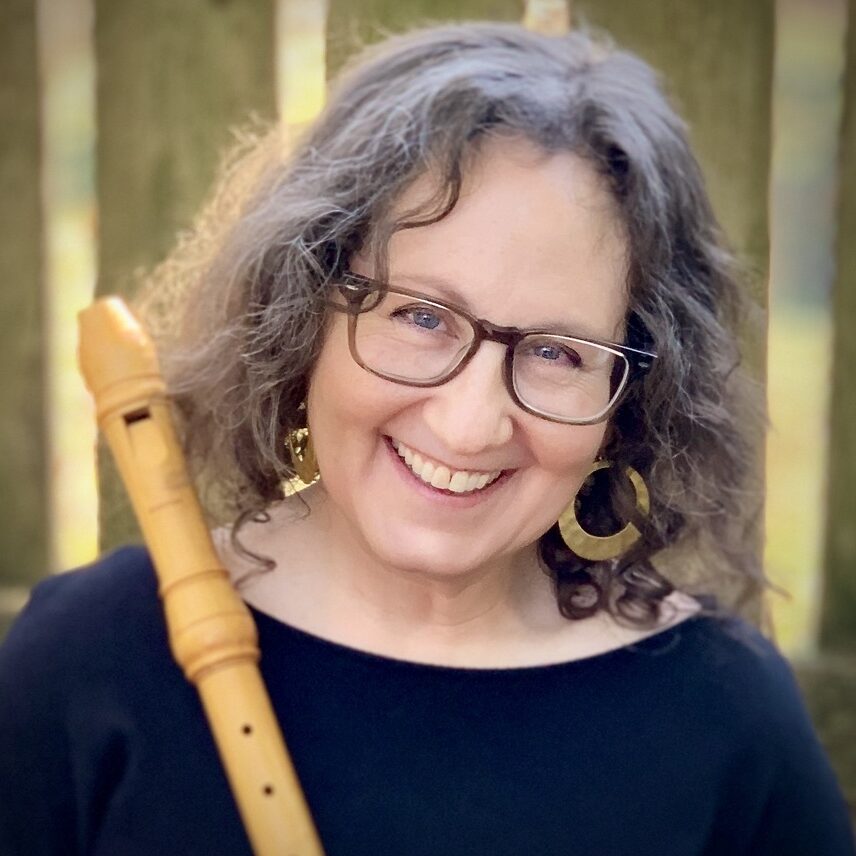
Lisette Kielson
Recorder
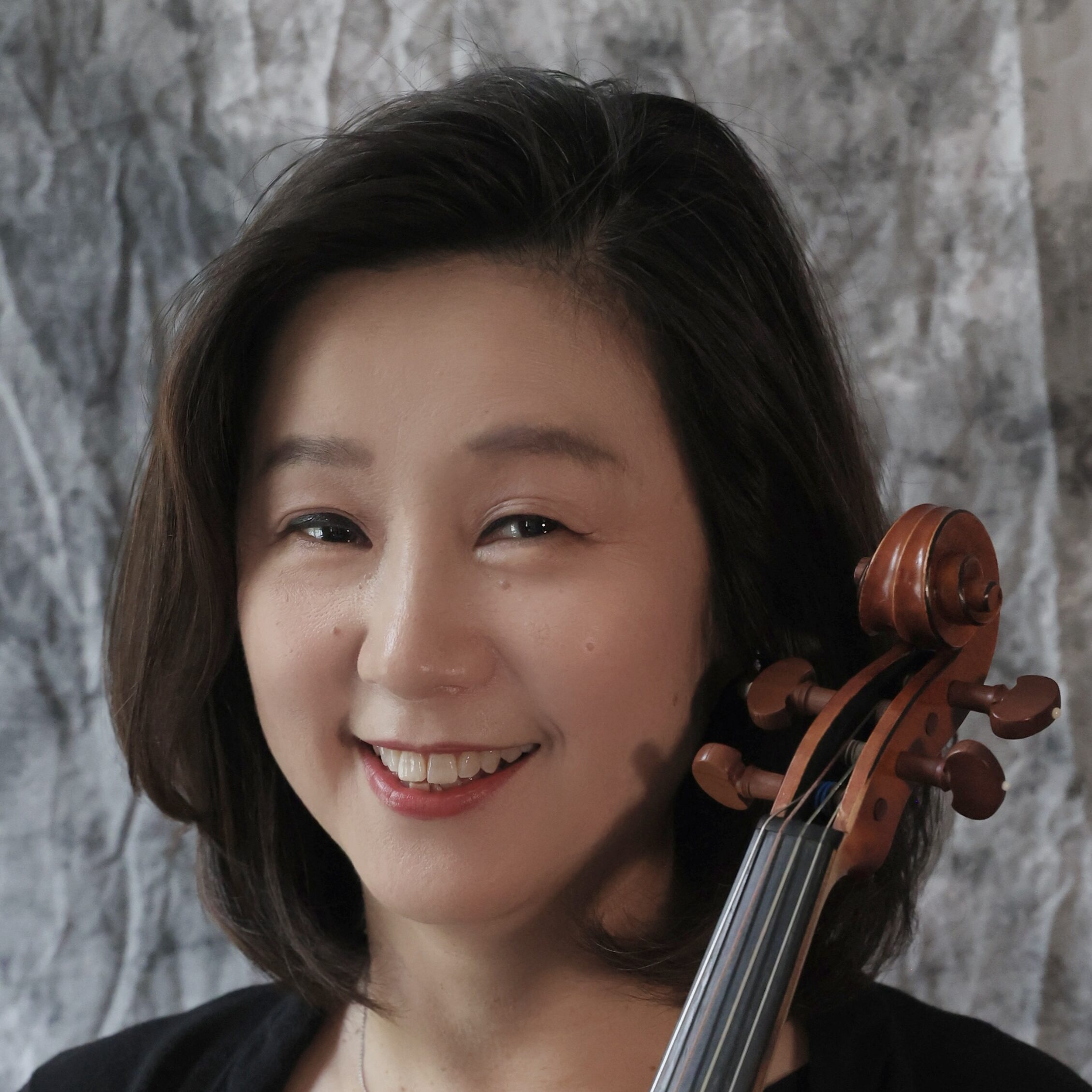
Kangwon Kim
Violin, Baroque Violin
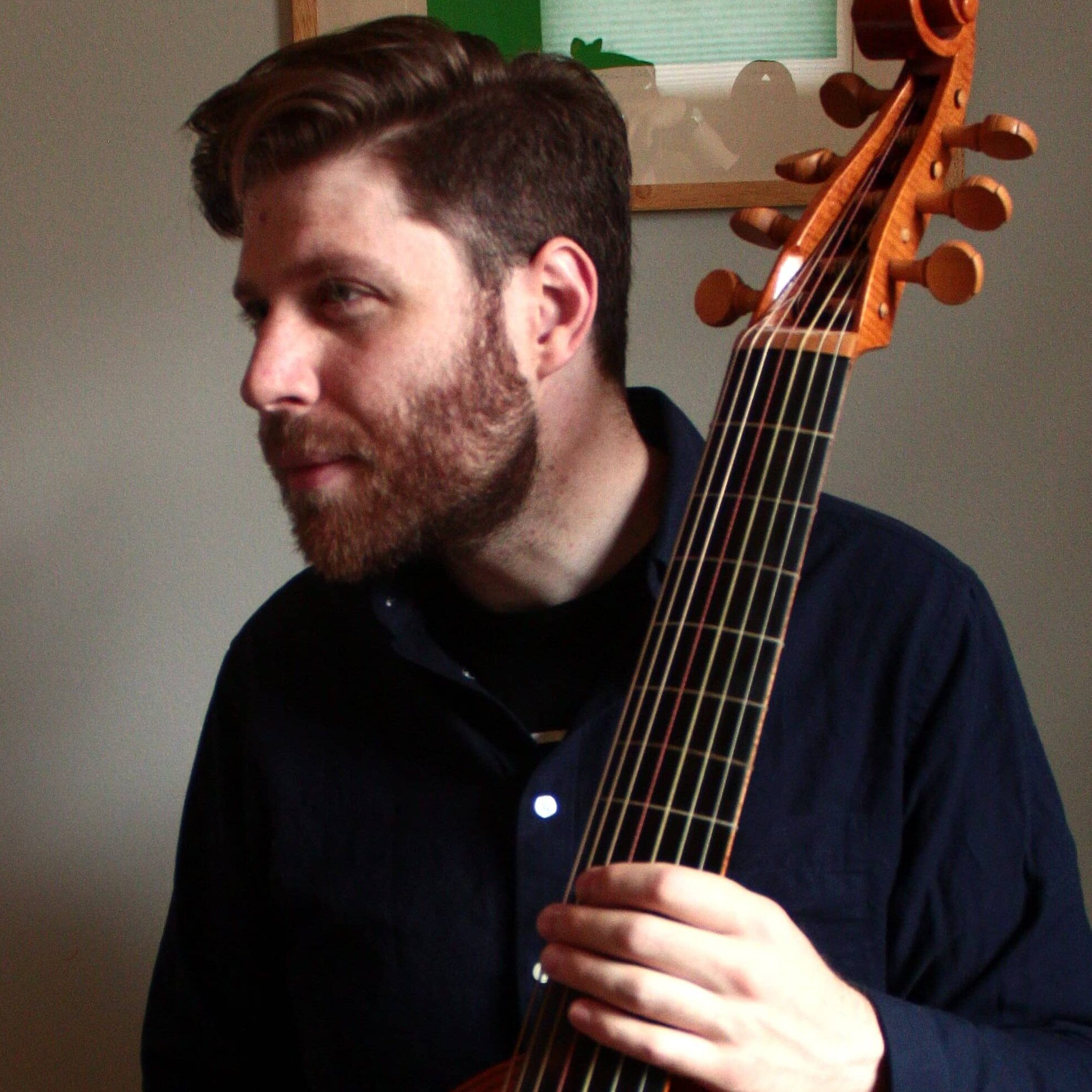
Eric Miller
Cello, Viola da gamba
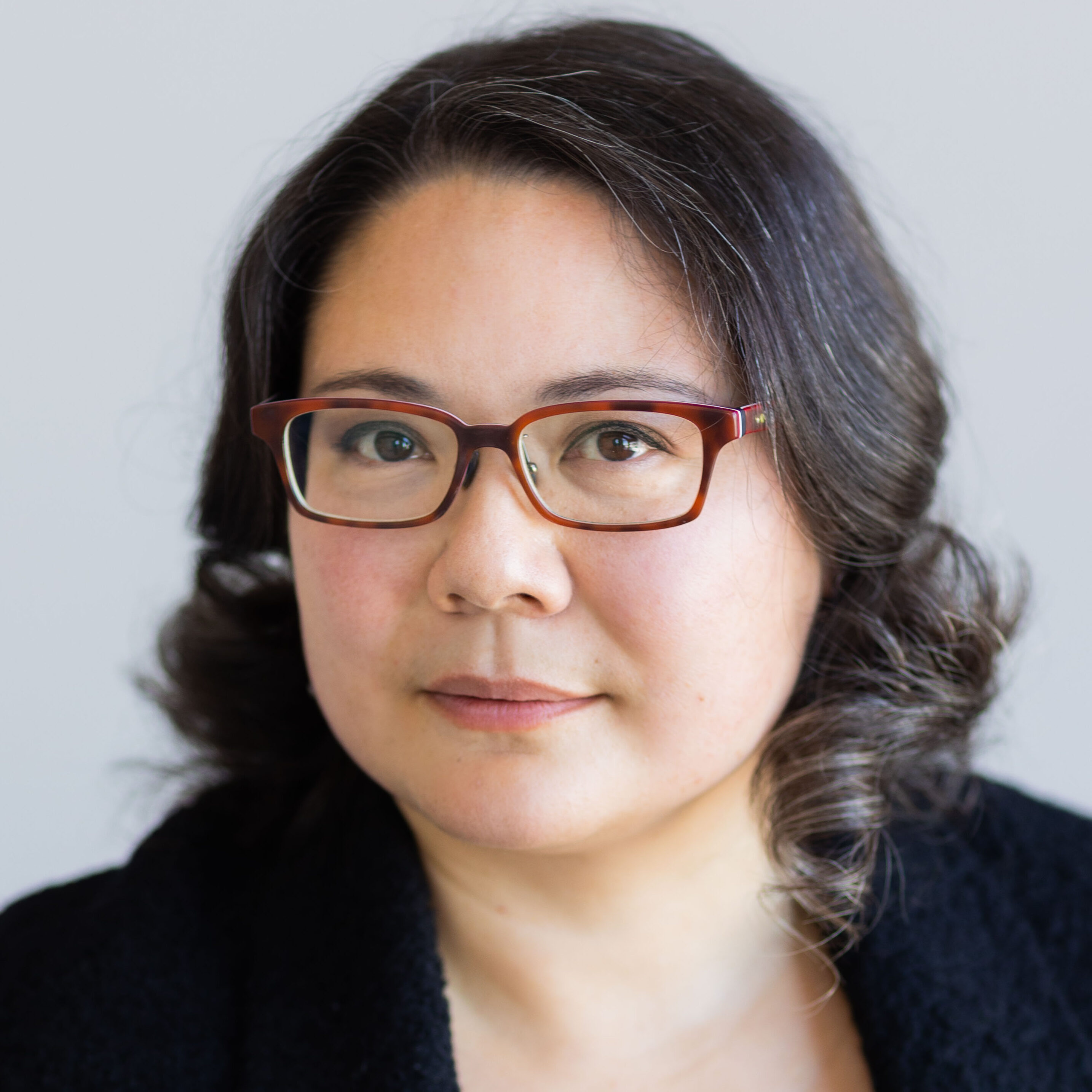
Tami Morse
Harpsichord

Christa Patton
Early Harps & Woodwinds
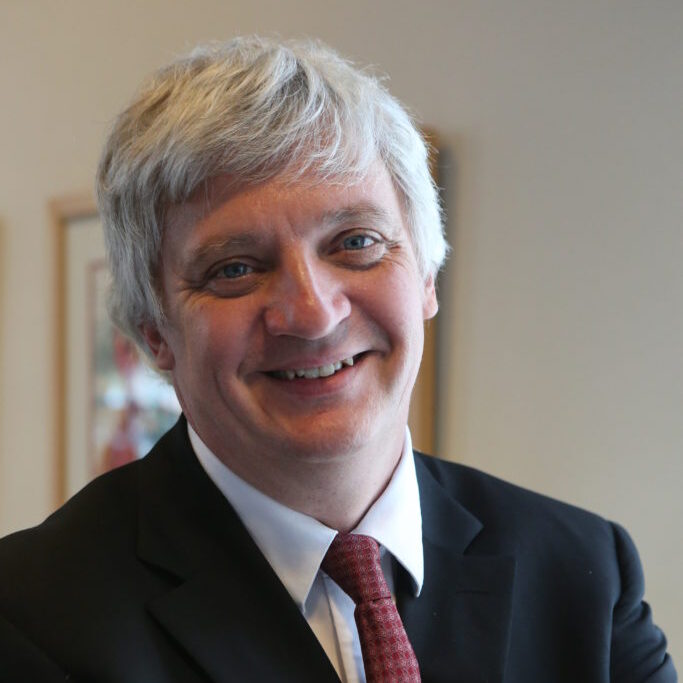
Trevor Stephenson
Harpsichord, Fortepiano, Organ
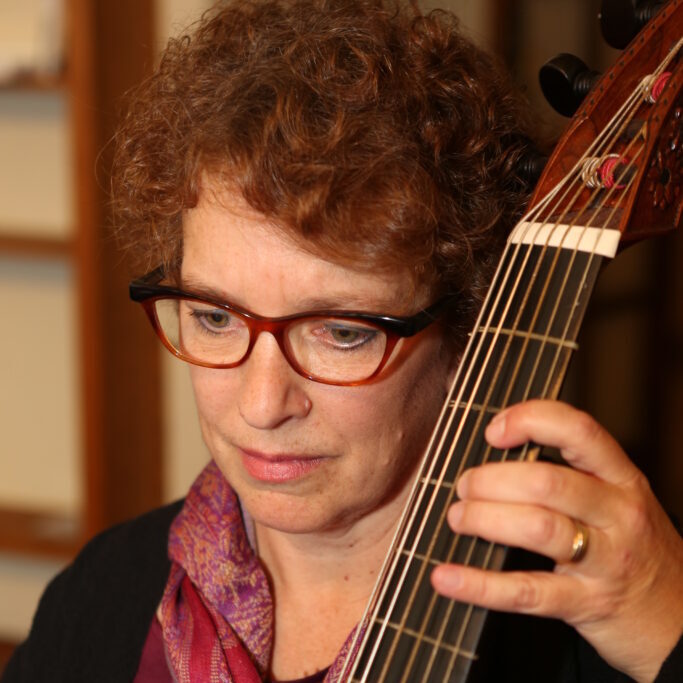
Martha Vallon
Cello, Baroque Cello

Geoffrey Williams
Voice
Faculty Concert – Thursday, July 10, 7:30 PM
Our faculty concert is one of the highlights of summer in Madison. We welcome participants and the public to enjoy a unique selection of early music performed by our faculty on period instruments.
Tuition
$400 – Complete workshop 9 AM – 5 PM, Tuesday – Friday, including ensembles, classes, lunch, evening faculty concert, and masterclass.
$250 – Half days only (mornings or afternoons, lunch not included)
$80 – Full day class auditor (ensembles and lunch not included)
$80 – Large group ensemble
$60 – Lunch and snacks
$25 – Faculty Concert, July 10, 7:30 PM
Tuition is $400 (full workshop) and $250 (half day) before April 15 and rises to $430 and $275, respectively afterwards. Applications for the full workshop, including the morning chamber music ensembles, close May 15. Please send a two minute sample of your playing for ensemble placement to Kangwon Kim at kangwonleekim@gmail.com. If you prefer not to send a recording, please indicate your playing level. Previous participants do not need to send a recording. Because significant amounts of time and effort go into placing participants into suitable ensemble groups, a cancellation fee of $50 will apply. No tuition refunds are available after May 15. You may enroll in half day afternoon classes and large afternoon ensembles until July 8.
We offer a limited number of full and partial scholarships to assist those who are unable to afford workshop tuition. Additionally, we provide instrument loans for participants who do not have their own. For information, please contact workshop director Kangwon Kim at kangwonleekim@gmail.com or Karen Rebholz at madisonbachmusicians.manager@gmail.com.
Join the Workshop
This program was made possible, in part, through the support of Associated Chamber Music Players (ACMP), an international service organization supporting chamber music for pleasure.
Join ACMP – Membership is FREE!
